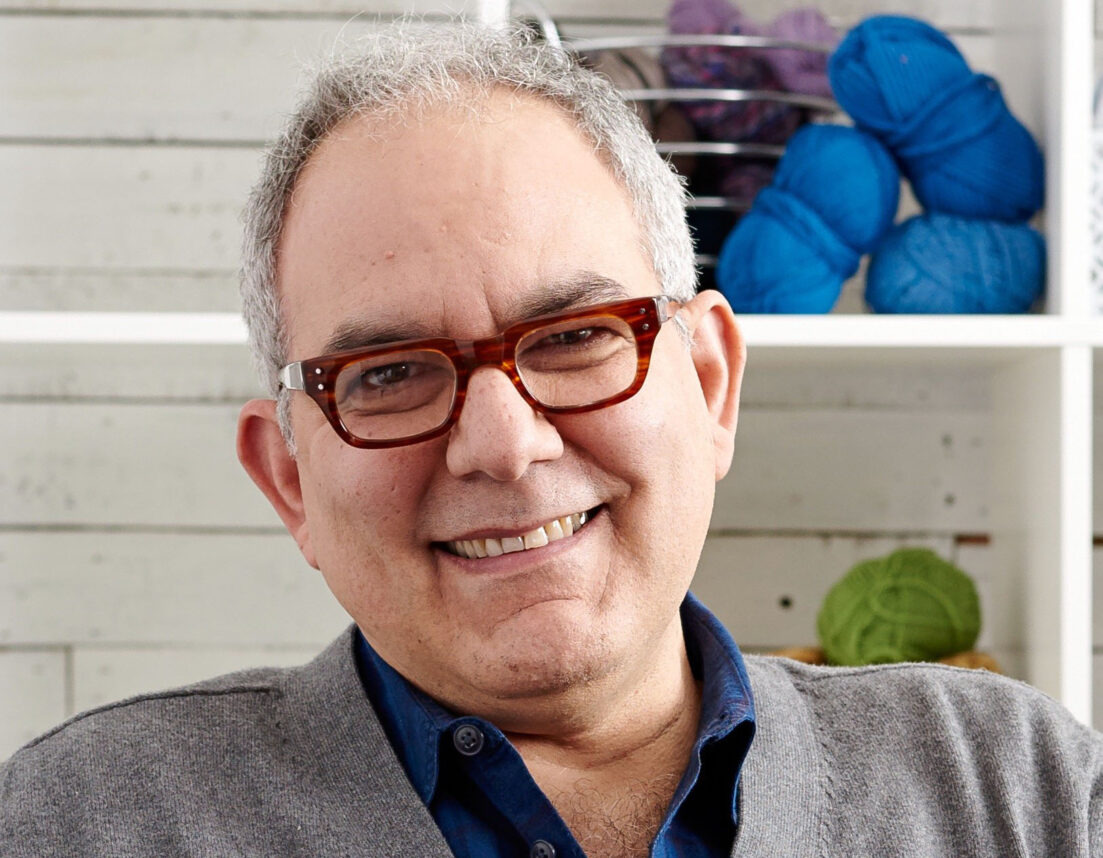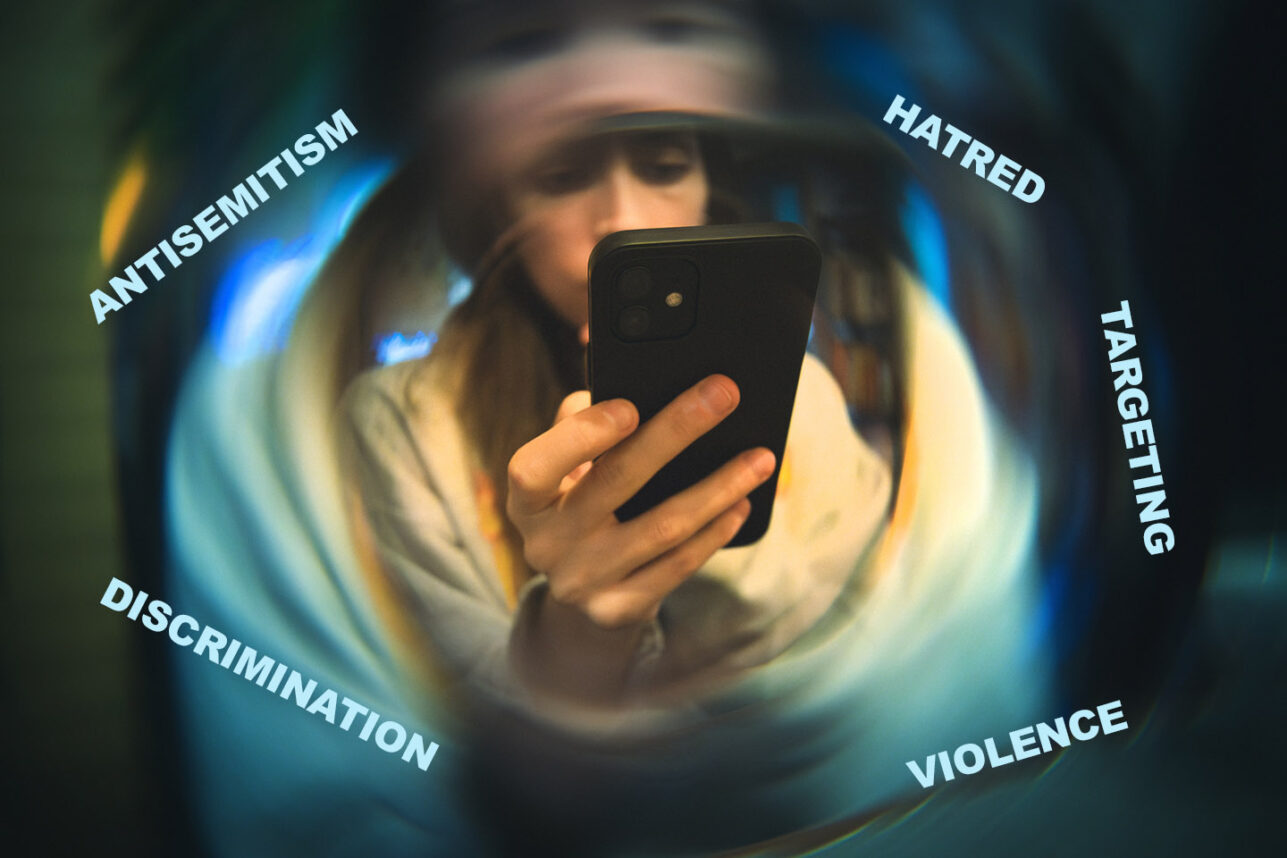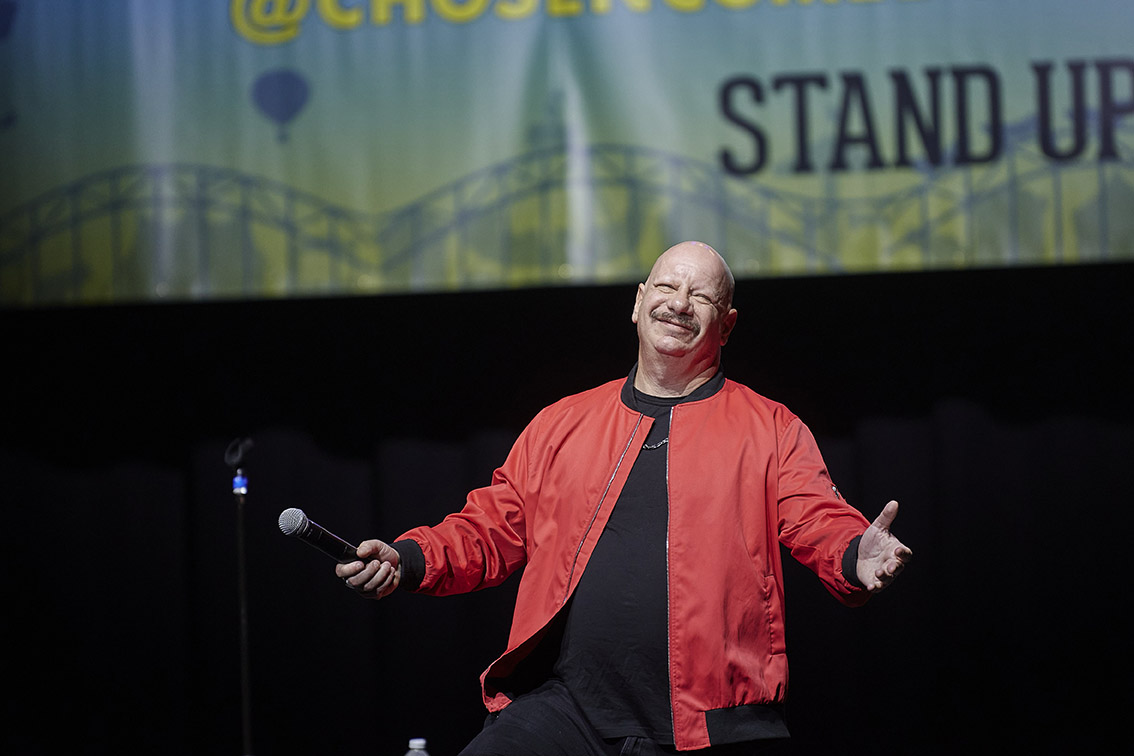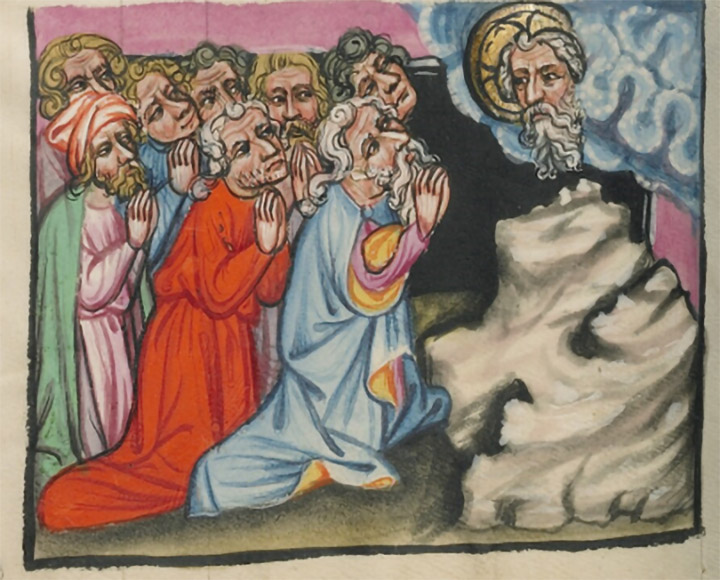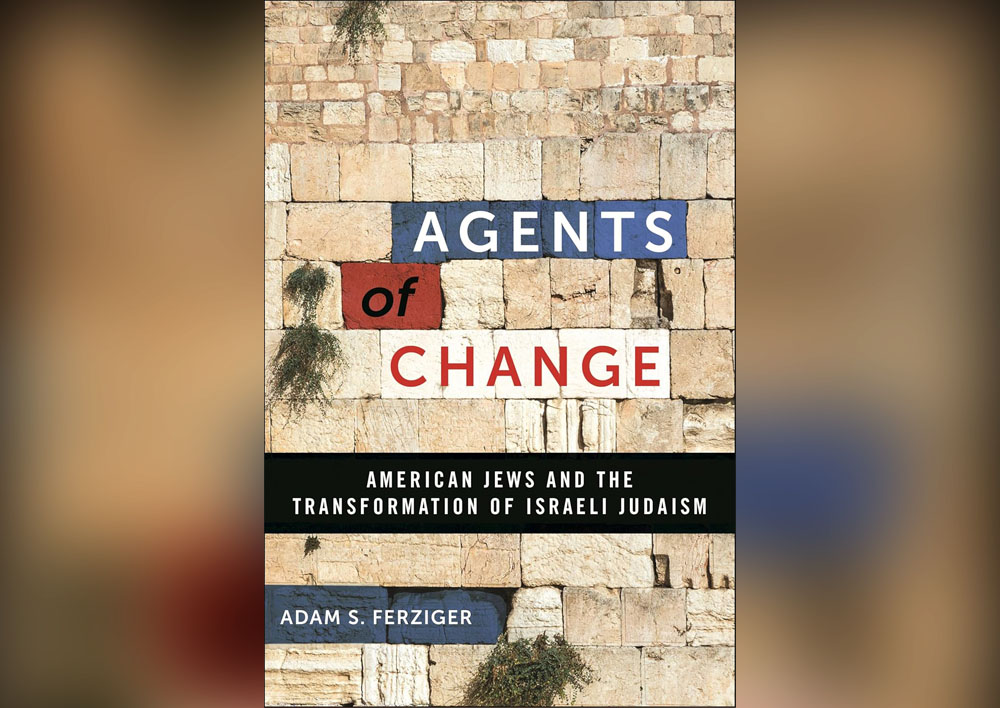
The first reaction when confronted by a movie titled “When Hitler Stole the Pink Rabbit” is to anticipate a biting satire on the Nazi regime or, alternately, that the producer had one drink too many during an all-night skull session.
Actually, the title refers to a story without a single swastika or murderous storm trooper in sight. It is told from the perspective of a bright young girl, whose family decides to leave its native Berlin the moment Hitler assumes power as Germany’s chancellor, but long before anyone could even imagine a Holocaust.
Nine-year old Anna and her older brother Max are the children of a well-known Berlin theater critic and writer, named Arthur Kemper, who has frequently criticized Hitler and his Nazi bullies. “The swastika is a symbol of stupidity,” he tells his children.
That alone would be enough to fear for the family’s safety, not to mention that the parents are Jews, though thoroughly assimilated.
A short time earlier, Anna’s Uncle Julius had gifted his niece with a large stuffed pink rabbit, which becomes her inseparable companion, but which has to be left behind when the family hastily packed its suitcases for a “vacation” in Switzerland.
Later, the rabbit is confiscated by Nazi officials, along with everything else left behind by the Kemper family.
Initially, Anna and Max look at the family’s new refugee status as a grand adventure, aside from having to learn new languages, from Swiss German, then French as the family moves to Paris, and finally English, a devilish hard language to pronounce correctly, as the Kempers settle for good in England.
At this point of the movie I was struck by a strong sense of déjà vu, recalling my parents’ lifestyle in Berlin, as, also assimilated Jews, we gathered around the Christmas tree with the gentile governess and cook, and the sense of adventure as our Lufthansa plane took off for London in May 1939, before we took ship to New York.
The movie is graced by an excellent cast, foremost Riva Krymalowski as Anna, whose perspective of life as a child refugee anchors the film’s plot and perspective. Her mother grew up in Russia, her father in East Germany and her Jewish grandparents survived the Holocaust.
“From the beginning, Riva had a deep understanding of the era dominating the movie,” said Caroline Link, the film’s director.
Furthermore, when you live in Germany nowadays, “you are constantly confronted by the refugee situation,” Link added. “When you talk to a class, you quickly realize that it includes many refugees, but now they are mainly from Iraq and Syria…Some Jewish students feel threatened by their Muslim classmates and the anti-Semitism of their native countries.”
The foundation of the film is a 1971 semi-biographical novel by the late Judith Kerr and when director Link first read it in school, she was struck by the “lightness” of the story.
Within the context of familiarizing today’s generation of young Germans – and others – with the history of the Nazi regime, Link considers the story’s lightness a major plus.
“It is natural that the Nazi past of our country has a great fascination for the artists, writers and filmmakers in Germany, and for me it was a challenge,” she said. “It is important that we don’t always show the same stereotypes and the same old clichés…It is important to find new perspectives in looking back at that era.
“That’s particularly important for young people, who are growing up now and really have no memory and connection to the past to convey an awareness of how quickly the political situation of a country and system can change.
“In discussing things we now take for granted, like freedom of speech and tolerance, it is very important to use the right language to reach the young people. If you repeat the same old patterns, then you lose the young people and any impact on their memory.
“I face a similar situation when I talk to young people in Israel,” Link added. “They tell me “We are sick and tired of what we read about Germany. We want to see the new Germany and we want to travel to Berlin. Berlin is hip.”
Though both parents and children in “Pink Rabbit” do their best to view their enforced travel as an adventure, the film clearly shows that the life of a refugee – even though well educated and adaptable –is a rough one.
While Anna and Max have to adjust to classes taught in a strange language and find new friends, the father faces rejection as he tries to resume his journalistic career.
Talking to the editor of a leading Swiss newspaper, the father is cautioned not to include any criticism of the Hitler regime. “We don’t want to offend the Germans,” the editor explains.
Without income, money is a constant problem. Anna proudly turns over 10 francs, a reward from her teacher for having written the outstanding paper in her class. To which the family’s cranky landlady snidely remarks, “You Jews always have to be the best.”
During another financial crisis, Anna resourcefully fishes out the coins flipped by tourists into a picturesque Paris fountain.
The final stop on the family’s journey is London, where, in an upbeat postscript, young Max grows up to become the first foreign-born immigrant to be appointed to the British High Court.
“When Hitler Stole Pink Rabbit” opens May 21 at the two Laemmle theaters, the Royal in West Los Angeles and the Town Center in Encino, and may open in additional Laemmle venues. The film can also be viewed on the Laemmle virtual cinema platform by accessing www.watch.laemmle.com.












